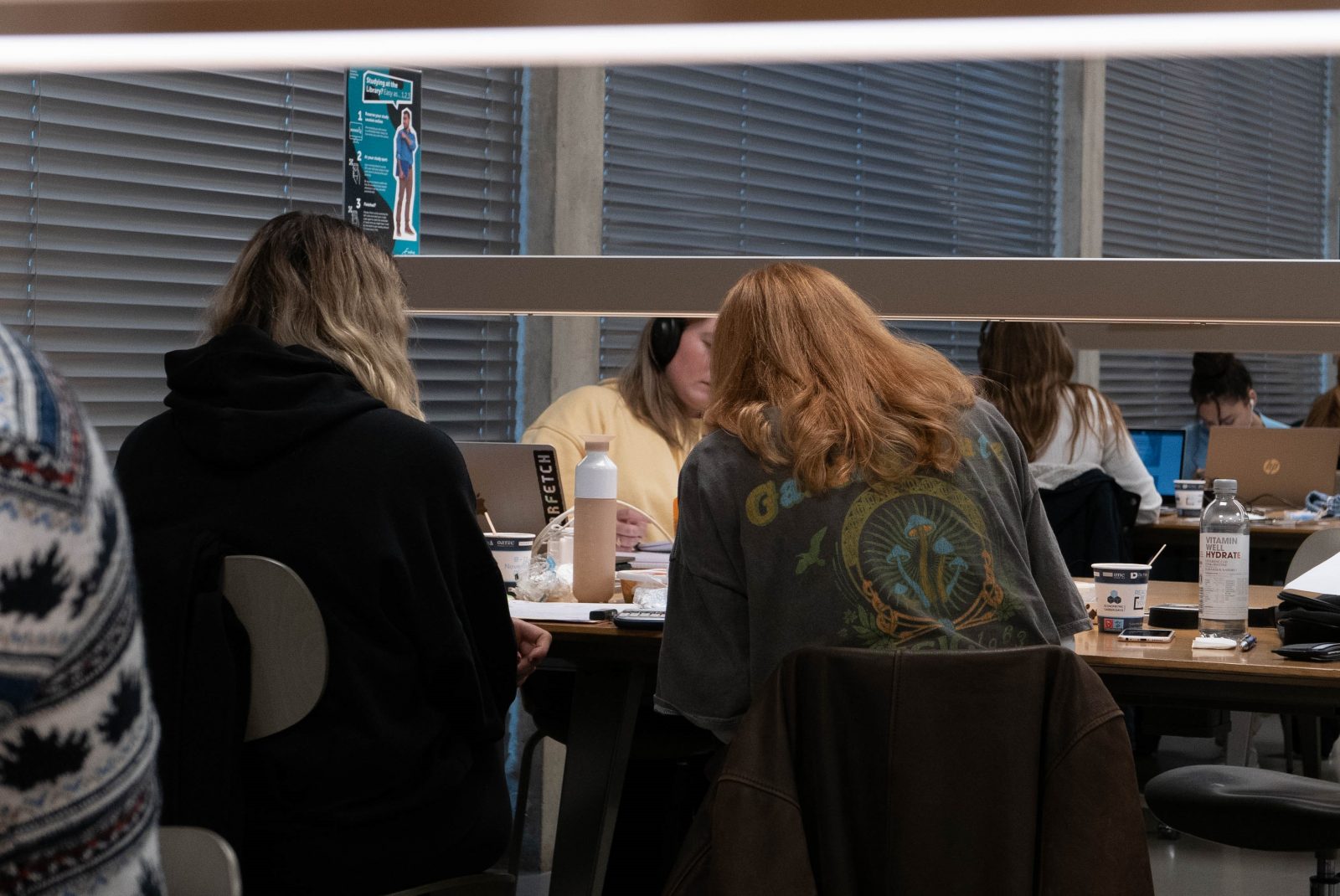Degree stereotype is a staple of diverse university culture, as we specialize in vastly different fields of study and, as a result, look at other departments as a mysterious black box. Stereotypes about degrees can mean a big deal for students as when we declare to commit to a major for 3 years, it becomes a part of our identity. Therefore, stereotypes might not fully reflect reality, but their perpetuation can feel distressing.
The first place I find stereotypes of IBCoM is the Facebook page of international EUR confessions. Some stereotypes, as conspicuously sarcastic as they are, give me a good dose of laughter after a bad day at school. I actually delight in them as some sort of self-mockery, as many IBCoM students in the comment section under the posts.
“IBCoM people be like I read 5 pages this week #hustle #grind #ballin”
“Why do most ibcom students think they are instagram influencers”
But there are some stereotypes about university majors that are much more serious. Curious about what else people think of the degree, I keep digging on the Internet. But there I come upon stereotypical portrayals of IBCoM and communication and media degrees in general that are no longer funny.
“Communication degree is a Mickey Mouse degree. It is so generic that it can set you up for un(der)employment”, “it doesn’t teach you any practical skill”, or “People who picked Media Studies have no clue why they’re there. They meant to pick Marketing. Probably.”
As offensive as they read, they put me into pessimistic brooding. But leaving the offensiveness aside, I must agree some parts of the comments ring true to me, and I remember sometimes having those thoughts cross my mind. IBCoM is, indeed, a broad degree. In the first year of IBCoM, I have to study a variety of subjects related to media and communication from different fields: culture, organization, politics and then technology. I jump from one field to another, juggling McLuhan “Medium is the messages” with Mancini “media systems” at the same time.
At the heart of the criticism underlies an assumption that a generic degree is inadequate to prepare us for a job. This is not an unreasonable argument, especially when I look at recruiter’s job descriptions: even at internship level, they require knowledge of super specific tools: graphic design (Canva, Indesign), data analytics, ad management (Facebook Ads). Undoubtedly, with all abstract theories learned in IBCoM, I fall short of the pragmatic demands of the workplace.
You may now wonder: “So what keeps me staying in IBCoM?”. I’d say: A lot, which the stereotypes don’t tell you. IBCoM doesn’t give me practical skills for doing a job, but it shows me how learning for the sake of learning can be rewarding. If not for IBCoM, I would never go the extra mile to learn about things that are of no use for my career: gender equality, racial justice, the culture war in America. And isn’t that what university is for? To teach us what we would never know will open our eyes. That’s probably why powerful stereotypes haven’t knocked me down, for I still know what strength this three-year combat gives me.
I know some of you think I am contradicting myself here, with all my recognition of stereotypes and then rebuttal, but I say most of us students hold such an ambivalence towards our degree. University degree is a risky commitment we make with hope for the better of ourselves, for the better of our future, and that hope we are never sure of.
Writer: Tra Mi Nguyen
Editor: Phoebe Elliott
Visuals by: Thanh Nguyen


